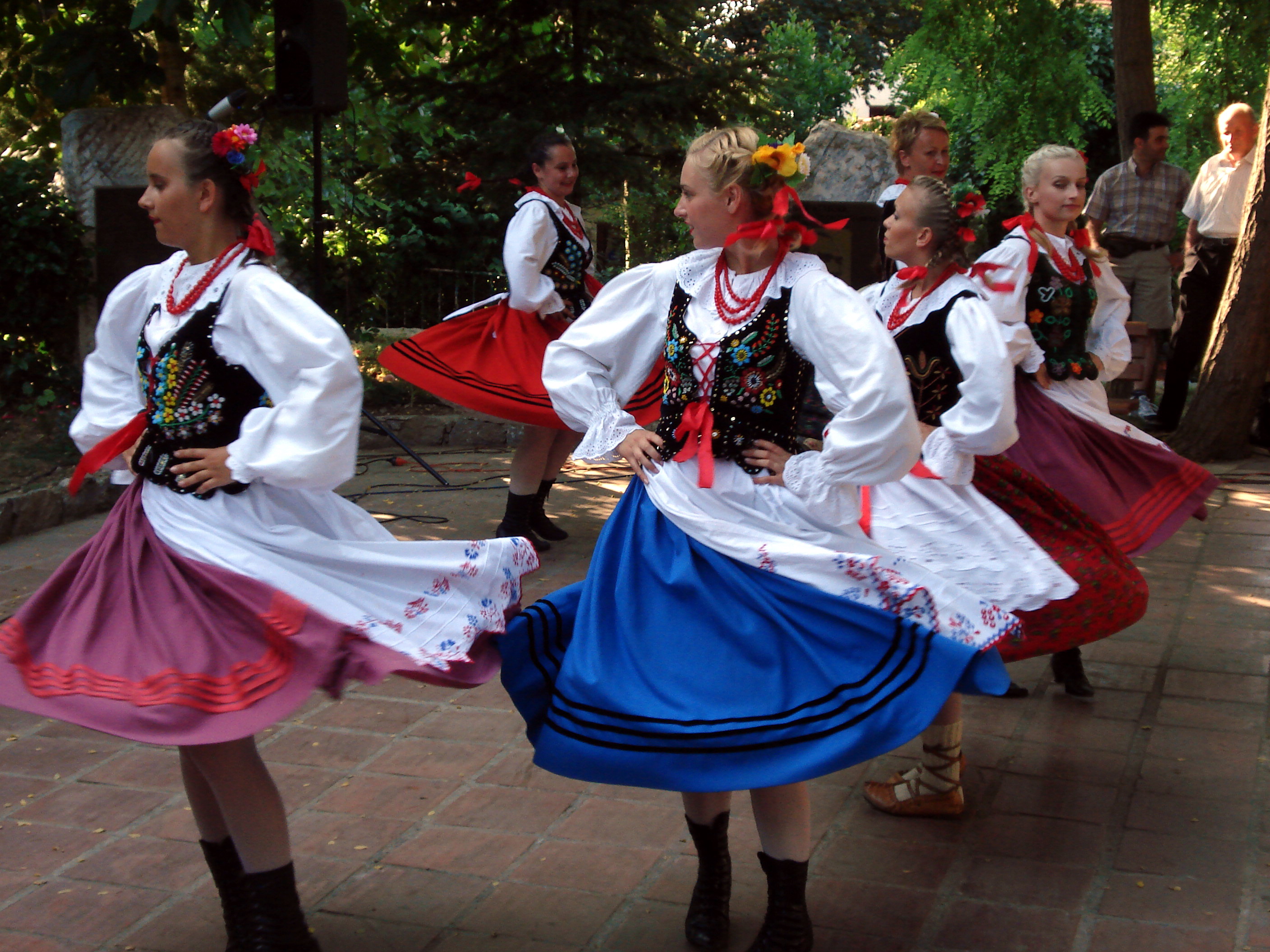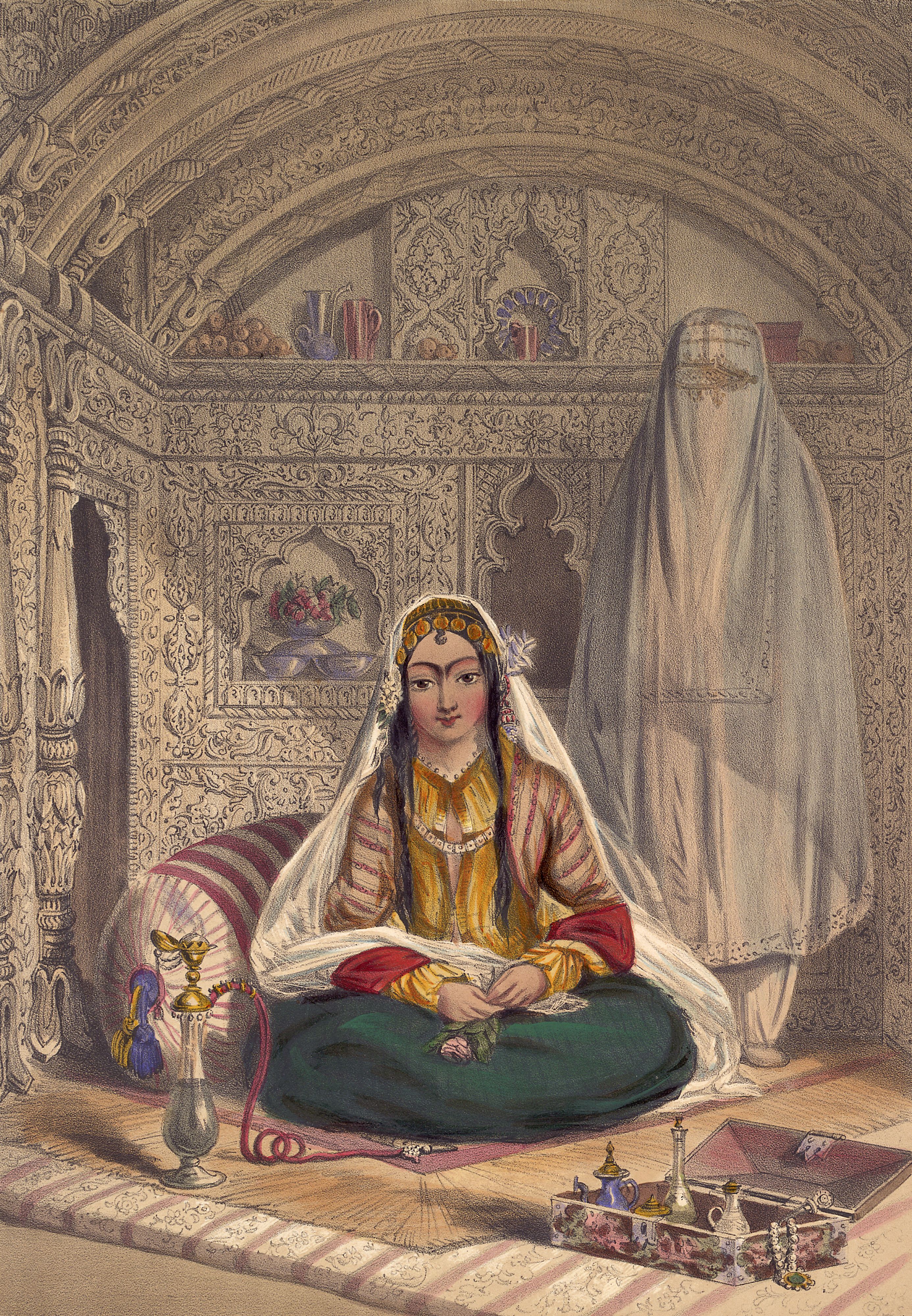|
Akbaba, Beykoz
Akbaba is a neighbourhood in the municipality and district of Beykoz, Istanbul Province, Turkey. Its population is 2,771 (2022). It is home to the türbe of Akbaba Sultan (Akbaba Mehmed Efendi or Akmehmet Efendi in short), a Bektashi Sufi baba who participated in the Conquest of Constantinople and was a mentor of Ottoman Sultan Mehmet the Conqueror (reigned 1444–1446, 1451–1481).AKBABA TEKKESİ (in Turkish) TDV İslam Ansiklopedisi. 1989 Edition. Following the Conquest, he moved to this valley rich with spring waters and established a tekke with his dervish [...More Info...] [...Related Items...] OR: [Wikipedia] [Google] [Baidu] |
Beykoz
Beykoz (), also known as Beicos and Beikos, is a district in Istanbul, Turkey at the northern end of the Bosphorus on the Anatolian side. The name is believed to be a combination of the words bey and ''kos'', which means "village" in Farsi. Beykoz includes an area from the streams of Küçüksu and Göksu (just before Anadoluhisarı) to the opening of the Bosphorus into the Black Sea, and the villages in the hinterland as far as the Riva creek. The mayor is Murat Aydın ( AKP). History The mouth of the Bosphorus in ancient times was used as a place of sacrifice, specifically to petition Zeus and Poseidon for a safe journey across the Black Sea, without which no one would venture into those stormy waters. The first people to settle the upper-Bosphorus were Thracians and Greeks and the ancient name for the area was Amikos (Αμικός in Greek) or Amnicus (Αμνικός), named after a Thracian king. However, the area has changed hands many times since. As well as being a str ... [...More Info...] [...Related Items...] OR: [Wikipedia] [Google] [Baidu] |
Bukhara
Bukhara (Uzbek language, Uzbek: /, ; tg, Бухоро, ) is the List of cities in Uzbekistan, seventh-largest city in Uzbekistan, with a population of 280,187 , and the capital of Bukhara Region. People have inhabited the region around Bukhara for at least five millennia, and the city has existed for half that time. Located on the Silk Road, the city has long served as a center of trade, scholarship, culture, and religion. The mother tongue of the majority of people of Bukhara is Tajik language, Tajik, a dialect of the Persian language, although Uzbek language, Uzbek is spoken as a second language by most residents. Bukhara served as the capital of the Samanid Empire, Khanate of Bukhara, and Emirate of Bukhara and was the birthplace of scholar Imam Bukhari. The city has been known as "Noble Bukhara" (''Bukhārā-ye sharīf''). Bukhara has about 140 architectural monuments. UNESCO has listed the historic center of Bukhara (which contains numerous mosques and madrasas) as a List o ... [...More Info...] [...Related Items...] OR: [Wikipedia] [Google] [Baidu] |
AK Party
The Justice and Development Party ( tr, Adalet ve Kalkınma Partisi, ; AKP), abbreviated officially AK Party in English, is a political party in Turkey self-describing as conservative-democrat. It is one of the two major parties of contemporary Turkey along with the Republican People's Party (CHP). Recep Tayyip Erdoğan has been chairman of AKP since the 2017 Party Congress. The AKP is the largest party in the Grand National Assembly, the Turkish national legislature, with 285 out of 600 seats, having won 42.6% of votes in the 2018 Turkish parliamentary election. It forms the People's Alliance with the Nationalist Movement Party (MHP). The current AKP parliamentary leader is İsmet Yılmaz. Founded in 2001 by members of a number of parties such as FP, ANAP and DYP, the party has a strong base of support among people from the conservative tradition of Turkey, though the party strongly denies it is Islamist. The party positioned itself as pro-liberal market economy, suppo ... [...More Info...] [...Related Items...] OR: [Wikipedia] [Google] [Baidu] |
President Erdogan
President most commonly refers to: * President (corporate title) * President (education), a leader of a college or university *President (government title) President may also refer to: Automobiles * Nissan President, a 1966–2010 Japanese full-size sedan * Studebaker President, a 1926–1942 American full-size sedan * VinFast President, a 2020–present Vietnamese mid-size SUV Film and television *''Præsidenten'', a 1919 Danish silent film directed by Carl Theodor Dreyer * ''The President'' (1928 film), a German silent drama * ''President'' (1937 film), an Indian film * ''The President'' (1961 film) * ''The Presidents'' (film), a 2005 documentary * ''The President'' (2014 film) * ''The President'' (South Korean TV series), a 2010 South Korean television series * ''The President'' (Palestinian TV series), a 2013 Palestinian reality television show *'' The President Show'', a 2017 Comedy Central political satirical parody sitcom Music * The Presidents (American soul band) ... [...More Info...] [...Related Items...] OR: [Wikipedia] [Google] [Baidu] |
Harem
Harem (Persian: حرمسرا ''haramsarā'', ar, حَرِيمٌ ''ḥarīm'', "a sacred inviolable place; harem; female members of the family") refers to domestic spaces that are reserved for the women of the house in a Muslim family. A harem may house a man's wife or wives, their pre-pubescent male children, unmarried daughters, female domestic servants, and other unmarried female relatives. In harems of the past, slave concubines were also housed in the harem. In former times some harems were guarded by eunuchs who were allowed inside. The structure of the harem and the extent of monogamy or polygamy has varied depending on the family's personalities, socio-economic status, and local customs. Similar institutions have been common in other Mediterranean and Middle Eastern civilizations, especially among royal and upper-class families, and the term is sometimes used in other contexts. In traditional Persian residential architecture the women's quarters were known as ''andar ... [...More Info...] [...Related Items...] OR: [Wikipedia] [Google] [Baidu] |
1950 Turkish General Election
General elections were held in Turkey on 14 May 1950, using the multiple non-transferable vote electoral system.Dieter Nohlen, Florian Grotz & Christof Hartmann (2001) ''Elections in Asia: A data handbook, Volume I'', p238 The result was a landslide victory for the opposition Democrat Party, which won 416 of the 487 seats. Results References External links1950 Yılı Genel Seçimlerinde Partilerin Aldıkları Oylar ve OranlarıTBMM {{Turkish elections General elections in Turkey Turkey Turkey General A general officer is an Officer (armed forces), officer of highest military ranks, high rank in the army, armies, and in some nations' air forces, space forces, and marines or naval infantry. In some usages the term "general officer" refers t ... Election and referendum articles with incomplete results ... [...More Info...] [...Related Items...] OR: [Wikipedia] [Google] [Baidu] |
Zawiya (institution)
A ''zawiya'' or ''zaouia'' ( ar, زاوية, lit=corner, translit=zāwiyah; ; also spelled ''zawiyah'' or ''zawiyya'') is a building and institution associated with Sufis in the Islamic world. It can serve a variety of functions such a place of worship, school, monastery and/or mausoleum. In some regions the term is interchangeable with the term ''khanqah'', which serves a similar purpose. In the Maghreb, the term is often used for a place where the founder of a Sufi order or a local saint or holy man (e.g. a ''wali'') lived and was buried. In the Maghreb the word can also be used to refer to the wider ''tariqa'' (Sufi order or brotherhood) and its membership. Maghreb Religious and social functions In the Maghreb (Morocco, Algeria, Tunisia and Libya) the zawiya is primarily a place for religious activities and religious instruction. It is typically associated with a particular religious leader (''shaykh'') or a local Muslim saint (''wali''), who is housed here along with his ... [...More Info...] [...Related Items...] OR: [Wikipedia] [Google] [Baidu] |
Abdulhamid II
Abdülhamid or Abdul Hamid II ( ota, عبد الحميد ثانی, Abd ül-Hamid-i Sani; tr, II. Abdülhamid; 21 September 1842 10 February 1918) was the sultan of the Ottoman Empire from 31 August 1876 to 27 April 1909, and the last sultan to exert effective control over the fracturing state. The time period which he reigned in the Ottoman Empire is known as the Hamidian Era. He oversaw a period of decline, with rebellions (particularly in the Balkans), and he presided over an unsuccessful war with the Russian Empire (1877–1878) followed by a successful war against the Kingdom of Greece in 1897, though Ottoman gains were tempered by subsequent Western European intervention. In accordance with an agreement made with the Republican Young Ottomans, he promulgated the Ottoman Empire's first Constitution, which was a sign of progressive thinking that marked his early rule. However, in 1878, citing disagreements with the Ottoman Parliament, he suspended both the short-lived con ... [...More Info...] [...Related Items...] OR: [Wikipedia] [Google] [Baidu] |
Auspicious Incident
The Auspicious Incident (or EventGoodwin, pp. 296–299.) (Ottoman Turkish: ''Vaka-i Hayriye'', "Fortunate Event" in Constantinople; ''Vaka-i Şerriyye'', "Unfortunate Incident" in the Balkans) was the forced disbandment of the centuries-old Janissaries, Janissary corps by Sultan Mahmud II on 15 June 1826.Kinross, pp. 456–457Shaw, pp. 19–20 Most of the 135,000 Janissaries revolted against Mahmud II, and after the rebellion was suppressed, most of them were executed, exiled or imprisoned. The disbanded Janissary corps was replaced with a more modern military force. Background The Janissaries were first created by the Ottoman Sultans in the late 14th century and were employed as household troops. Janissaries began as an elite corps made up through the devşirme system of child slavery, by which young Christian boys, notably Serbs, Albanians, Bosnians, Bulgarians, Croats, Greeks, Macedonians (ethnic group), Macedonians, Slovenians and Romanians, Armenians were taken from the Bal ... [...More Info...] [...Related Items...] OR: [Wikipedia] [Google] [Baidu] |
Sufi
Sufism ( ar, ''aṣ-ṣūfiyya''), also known as Tasawwuf ( ''at-taṣawwuf''), is a mystic body of religious practice, found mainly within Sunni Islam but also within Shia Islam, which is characterized by a focus on Islamic spirituality, ritualism, asceticism and esotericism. It has been variously defined as "Islamic mysticism",Martin Lings, ''What is Sufism?'' (Lahore: Suhail Academy, 2005; first imp. 1983, second imp. 1999), p.15 "the mystical expression of Islamic faith", "the inward dimension of Islam", "the phenomenon of mysticism within Islam", the "main manifestation and the most important and central crystallization" of mystical practice in Islam, and "the interiorization and intensification of Islamic faith and practice". Practitioners of Sufism are referred to as "Sufis" (from , ), and historically typically belonged to "orders" known as (pl. ) – congregations formed around a grand who would be the last in a chain of successive teachers linking back to Muha ... [...More Info...] [...Related Items...] OR: [Wikipedia] [Google] [Baidu] |


.jpg)

.jpg)

